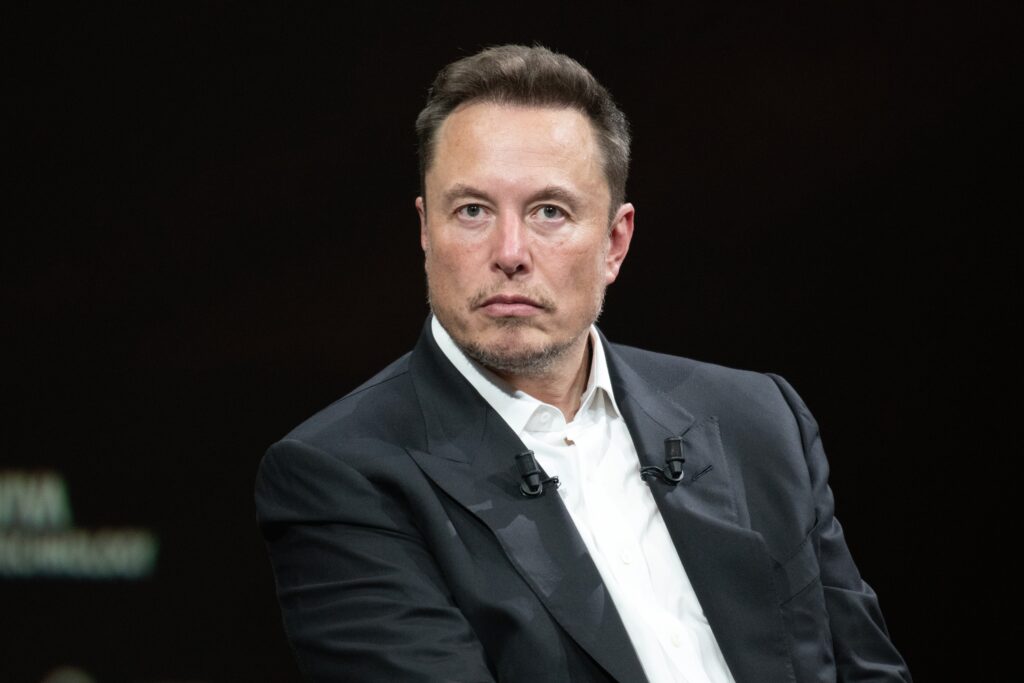Elon Musk’s relationship with the UK has shifted dramatically, and his public remarks offer clues about the change.
From Admiration to Criticism
In 2012, Musk visited London and Oxford, praising the UK as “really likeable” on Twitter. By 2024, his tone had turned combative. Statements like “Civil war is inevitable” and “Britain is going full Stalin” now dominate his posts on X, the platform he renamed after acquiring it. Musk has clashed with figures like Prime Minister Sir Keir Starmer and amplified far-right voices online. Reports even suggest he may donate to the Reform UK party, according to its leader Nigel Farage.
Why has Musk soured on America’s closest ally, and what does he aim to achieve? Musk declined interview requests, but his activity on X hints at possible motivations.
Musk’s Online Rhetoric
Musk’s posting style on X is intentionally ambiguous, often blending irony with sincerity. When he questions, “Is this Britain or the Soviet Union?” he seems half-serious. His reposts frequently feature cryptic one-word comments like “interesting” or emojis, leaving room for interpretation.
Observers note his online activity reflects a libertarian, “anti-woke” worldview critical of progressives and centrists. During riots in Southport, following a tragic incident, Musk amplified misinformation and responded to political warnings about online violence with posts like “Insane.” One now-deleted post falsely claimed Sir Keir was planning detention camps for rioters. Musk also discussed Britain’s “prison overcrowding” on Joe Rogan’s podcast, referencing George Orwell and dystopian themes.
Musk’s Changing Political Beliefs
Musk’s interest in Britain aligns with his evolving politics. Once a centrist who supported Hillary Clinton, he now rails against the “woke mind virus.” A turning point appears to be the transition of his child, Vivian Wilson, who later cut ties with him.
Winston Marshall, a political commentator and former Mumford & Sons guitarist, speculates Musk’s fixation stems from a deep care for Britain. Marshall notes Britain’s historic role in shaping liberal democracy and argues Musk’s focus reflects concerns over censorship and free speech.
However, critics challenge Musk’s free speech stance. Imran Ahmed, CEO of the Center for Countering Digital Hate, points out Musk’s lawsuit against his organization and reluctance to criticize China, where Tesla operates extensively. This contrasts with his vocal opposition to Britain’s Online Safety Act, which could impose heavy fines on social media platforms like X for hosting harmful content.
The Bigger Picture
The Online Safety Act, passed in 2023, allows regulators to fine companies up to 10% of global revenue for hosting illegal or harmful content. Andrew Chadwick, a political communication expert, notes challenges in defining illegal content versus misinformation, particularly in racially or religiously sensitive cases. Musk’s critics argue his resistance stems from concerns over financial penalties or even losing UK market access.
Reform UK’s Gawain Towler defends Musk’s stance, describing it as a response to perceived censorship. He credits Musk with seeing the broader implications of policies that others miss.
While Musk’s exact motivations remain unclear, his actions demonstrate a willingness to export his libertarian ideals globally. His immense influence continues to shape debates around free speech and capitalism, and his focus on Britain shows no signs of fading.
